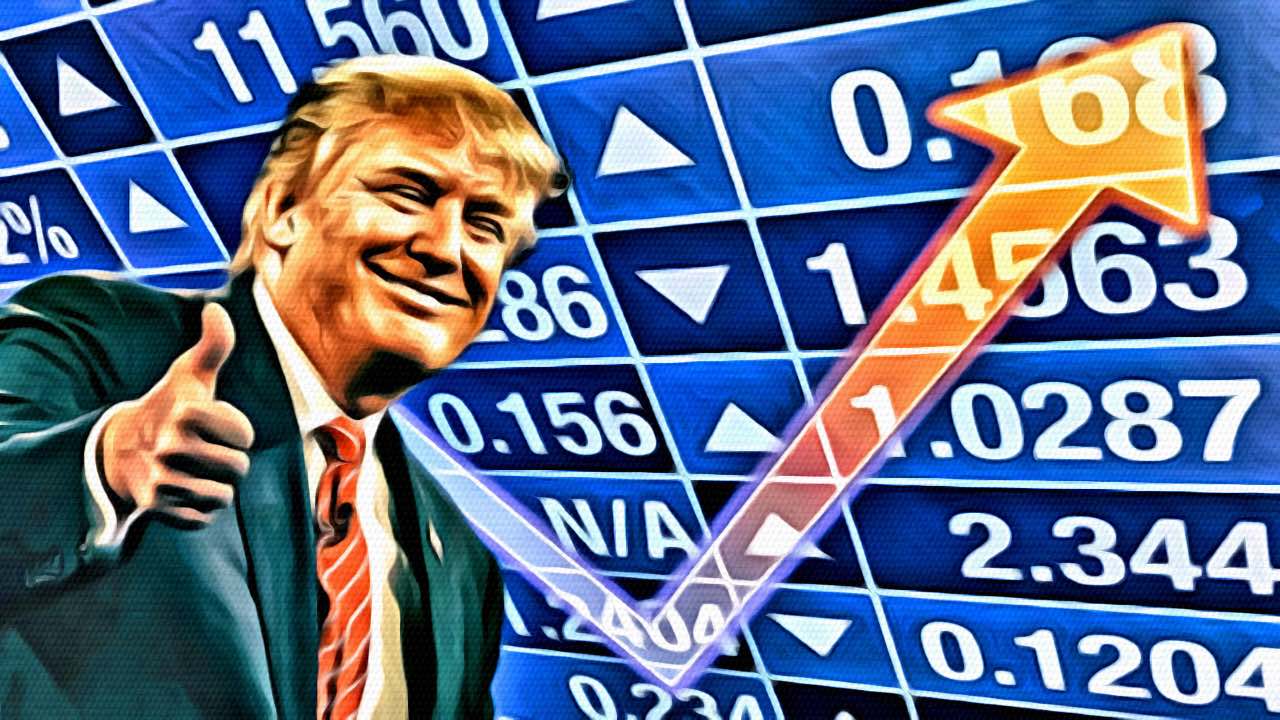In the event the US economy slides into recession, Republicans might want to prepare for the possibility of President Biden (if they’re lucky). Because, except for his handling of the economy, President Trump’s approval ratings have never topped 50 percent. Heck, he wasn’t even supposed to win in 2016 but for Hillary Clinton’s unbecoming persona and lazy campaigning, so Trump can lose big if his economy doesn’t hold.
There is a business axiom that leaders do the right thing and managers do things right, and Trump did the right thing killing Obamanomics. Cutting regulations and corporate income tax rates boosted GDP growth and equity markets. But sadly, things have not been done right on trade, especially with China, where he has not negotiated a “beautiful” trade deal.
Making matters worse, a recession is a distinct possibility, based on the now inverted yield curve that portends trouble. When there is an “inverted” relation between short-term bonds, which should have lower yields, and long-term bonds, which should have higher yields, it spooks economic forecasters. Mind you, not all experts agree: former Federal Reserve chair Janet Yellin believes the economy is strong enough to avoid recession.
And, even if Yellin is wrong, this recession is likely to be a temporary contraction tied to US-China trade. President Trump is convinced his is a “manageable” trade war, because US-China trade is only 3 percent of the $20.5 trillion US economy: $660 billion in 2018 (US imports of $540 billion and exports of $120 billion). While his math is compelling, economies are in part psychologically driven.
Just look at the stock indices after each announcement of added tariffs (sharply down) or tariff abeyance (sharply up). That roller-coaster ride damages investor confidence, while higher costs and disrupted supply chains devastate many parts of the US economy (my company included). It is now probable a “good” trade deal is dead in the water.
Trying to stunt Chinese exports was always going to be an uphill battle. No country willingly downsizes exports and manufacturing jobs – and that goes double for the PRC. Trump has attacked the heart of China’s economic strategy: forced technology transfer and stolen intellectual property to hasten China to America’s economic equal. This is why PRC hardliners intervened right when a deal was at the finish line.
It is anybody’s guess whether Xi now wants a trade deal with Trump. Such is the downside of games of chicken and made-you-blink, especially when the opponent is a totalitarian state with dreams of regional military and global economic hegemony. China now seems committed to the long game and waiting out a President with low approval numbers.
Xi showed his cards by cancelling agricultural imports to undermine the President’s midwestern firewall: a shrewd move that puts farm-belt voters into play. Hindsight is 20/20, and Trump’s first deal should have been a China-buy agreement that boosted US exports. Once re-elected, Trump could work on the harder China-sell problem.
The question now is whether Trump can save his political bacon by moderating his demands of Xi. He claims a friendship, and helping Xi keep the Chinese populace employed would be well received. There is no reason for Xi not to buy more US energy and agricultural imports. As the Chinese say, it would be “good business” to switch from Middle Eastern, Russian and North Korean fossil fuels to reliable US energy.
China’s 2017 petroleum imports alone were $250 billion, and US energy producers could supply it all. Indeed, energy exports are excellent for the US economy in employment (high wages) and investment (high profits). In addition, the US farm belt could easily command a greater share of China’s agricultural imports.
My point is this: Trump can still boost US exports to China, because both men need to save face. Xi has a tiger by the tail in Hong Kong and Trump needs an economic tailwind on the campaign trail. The President has done the right thing (less regulations and taxes) and needs to now do things right to salvage US-China trade. If not, he will probably be a one-term president.
